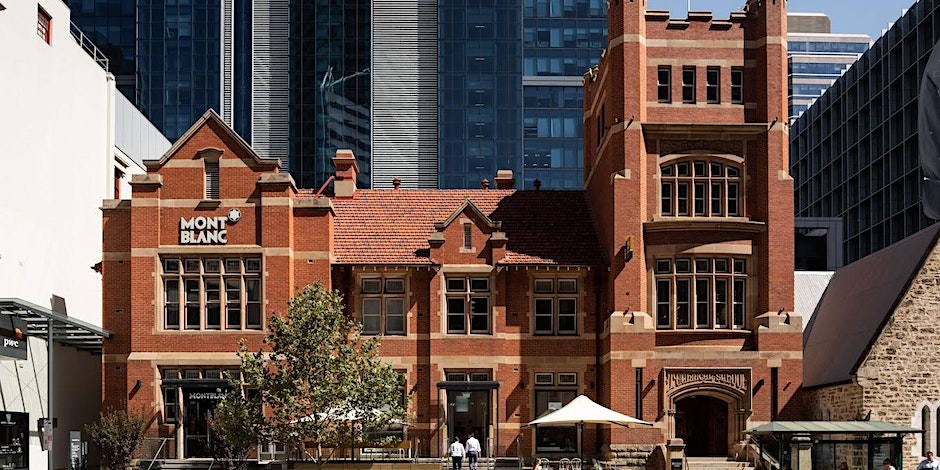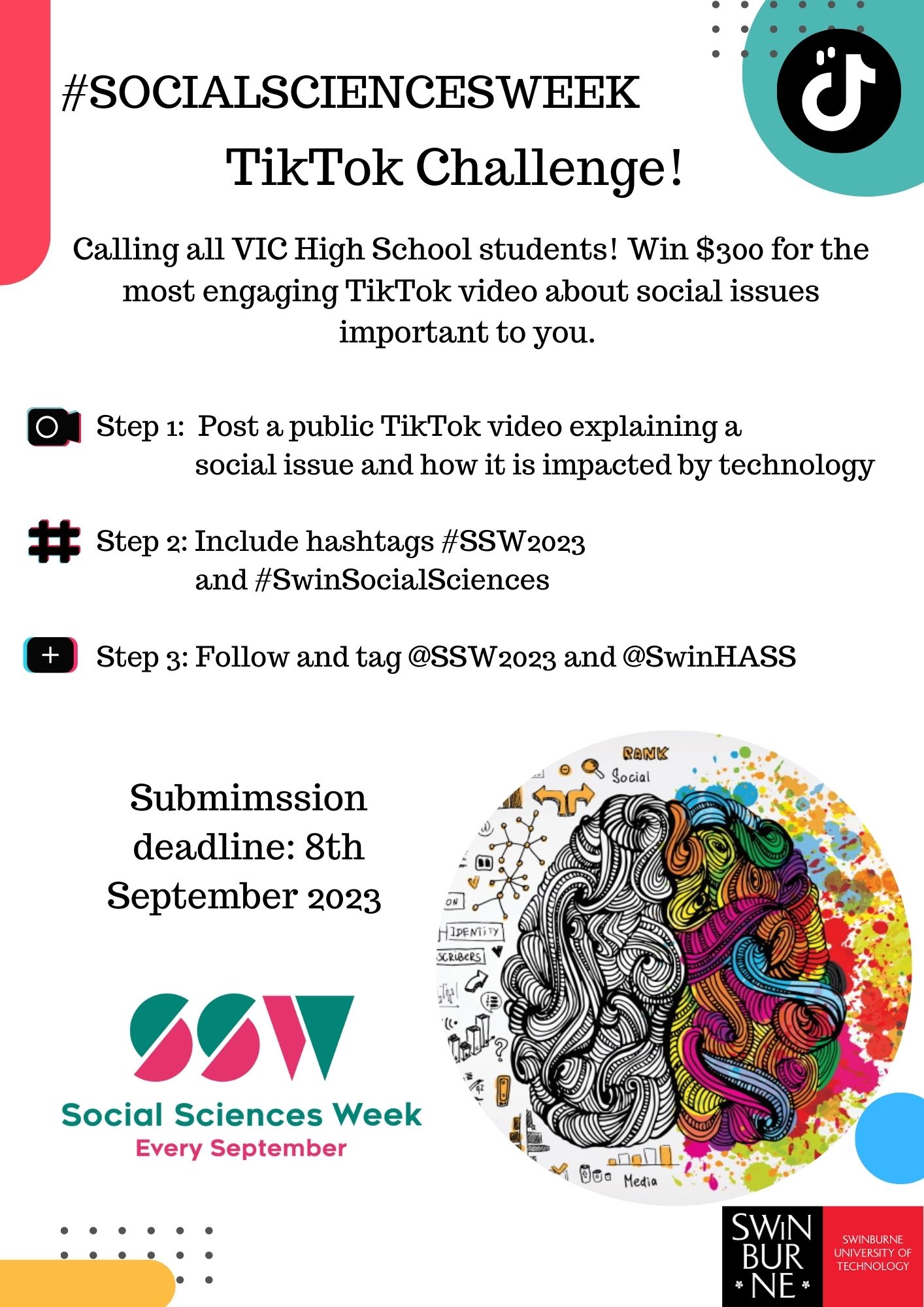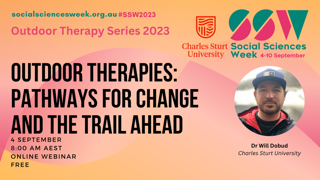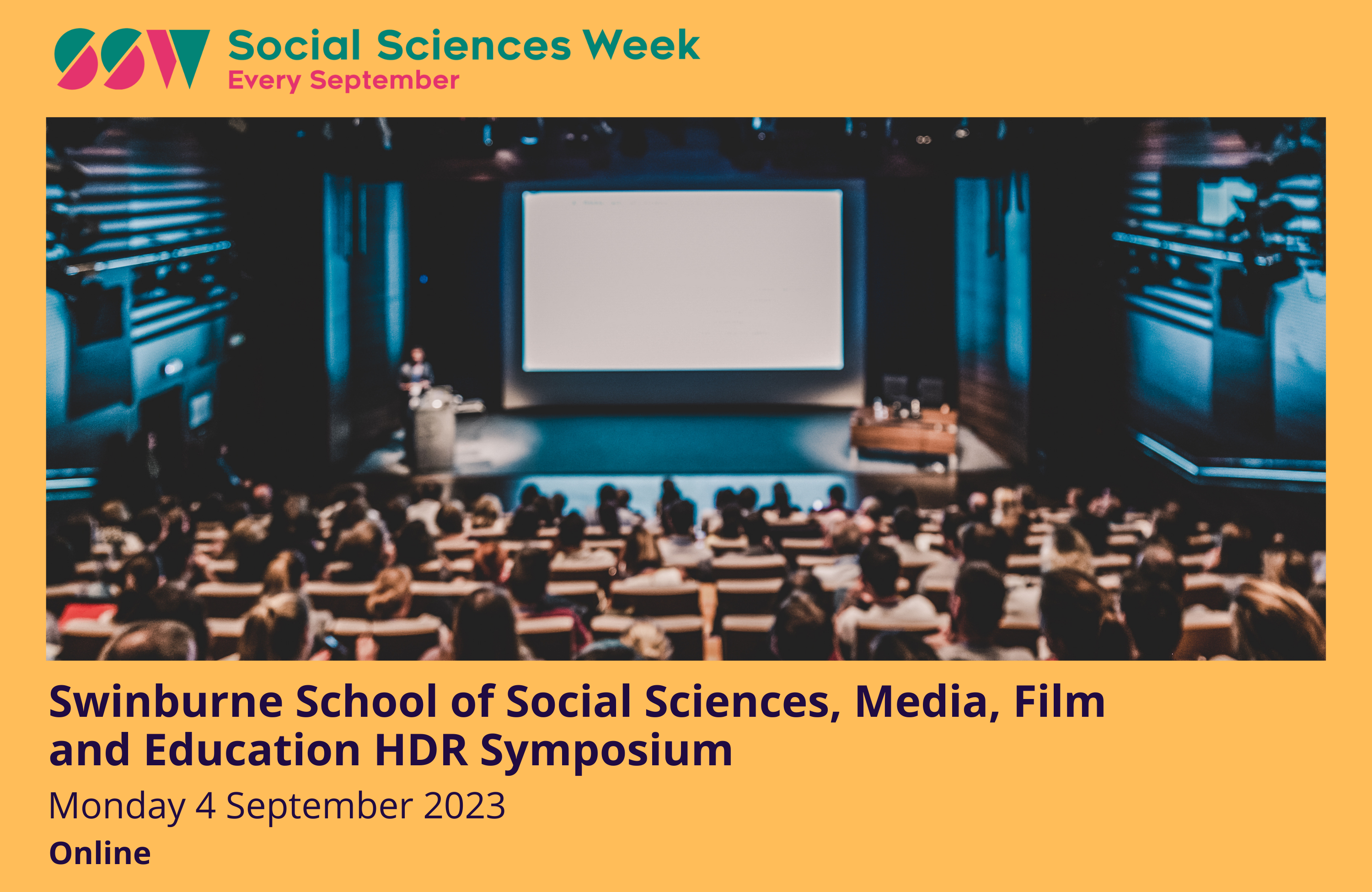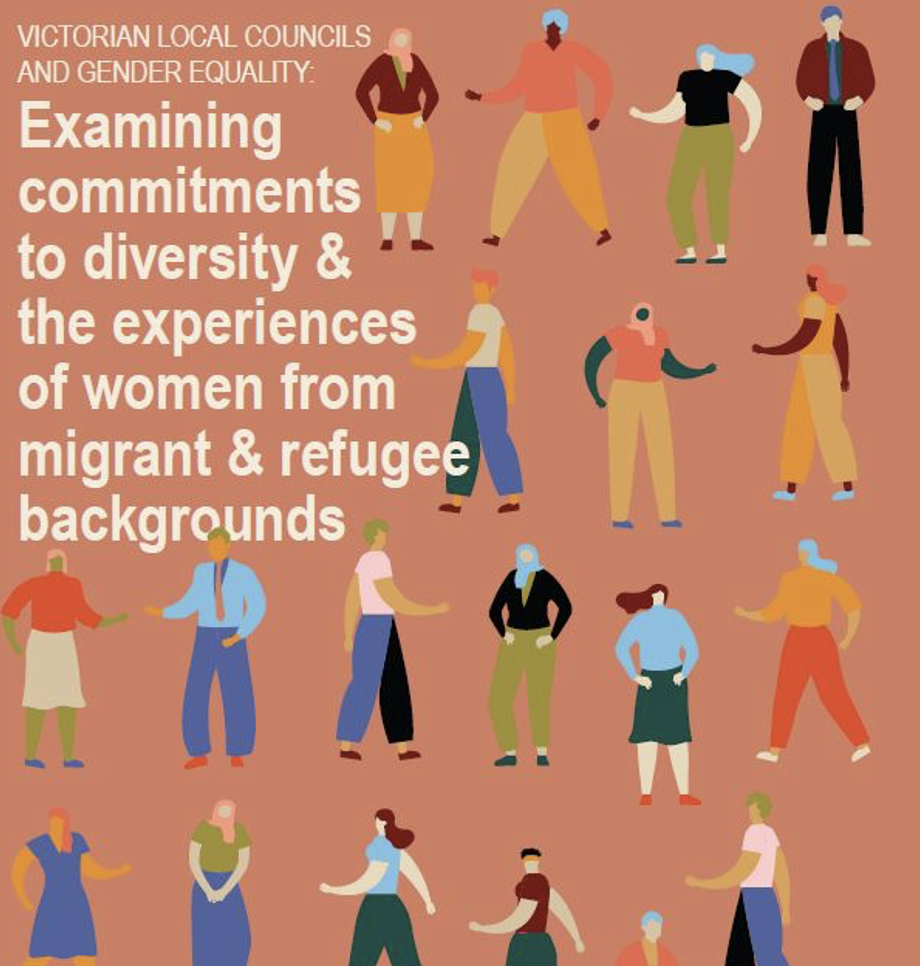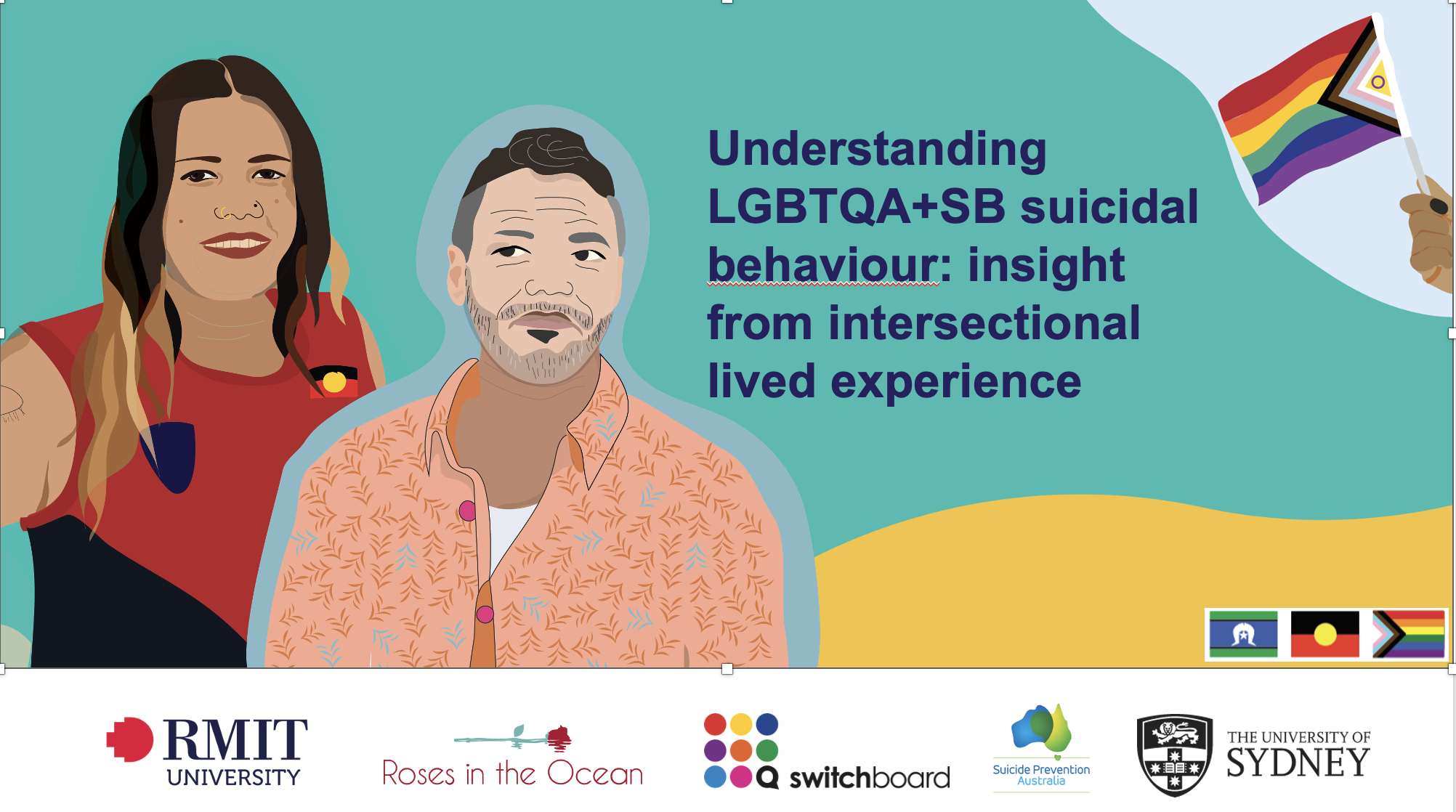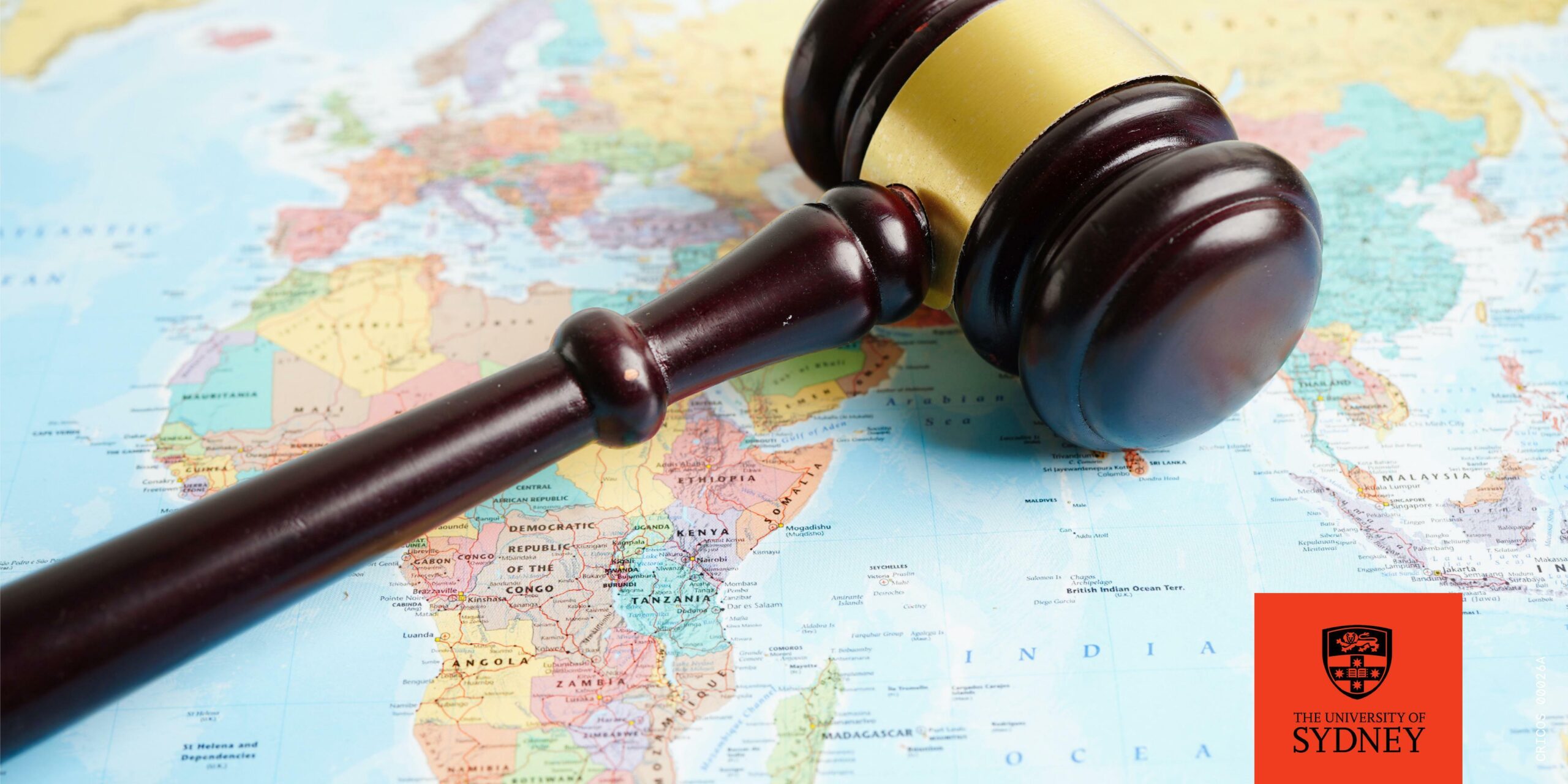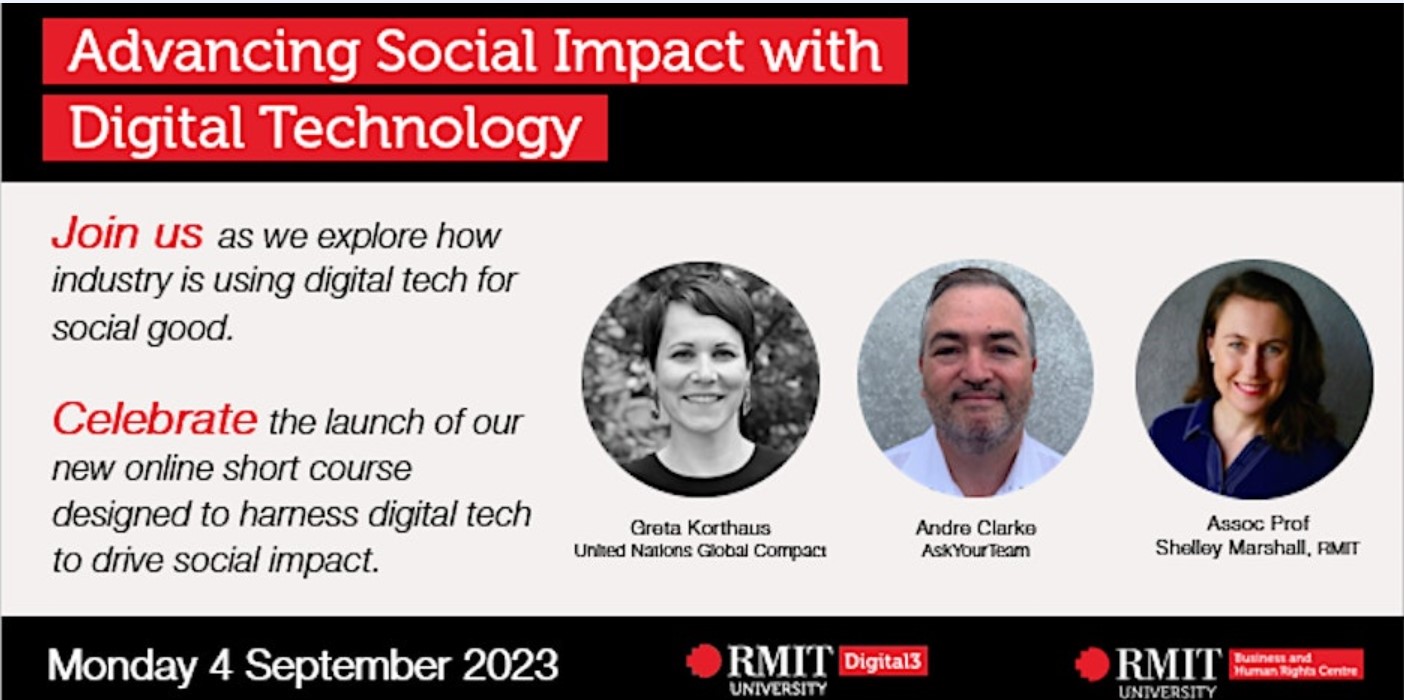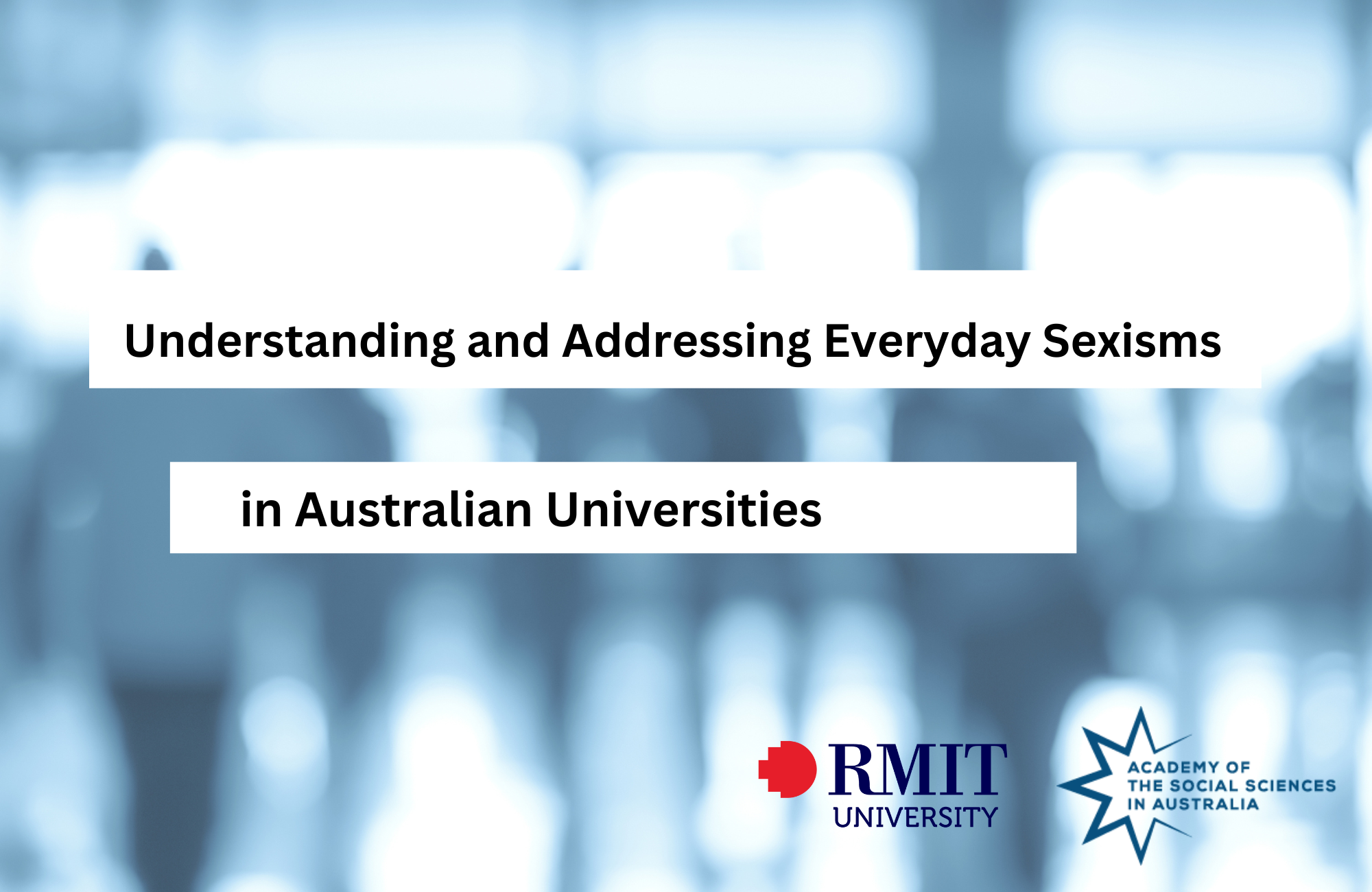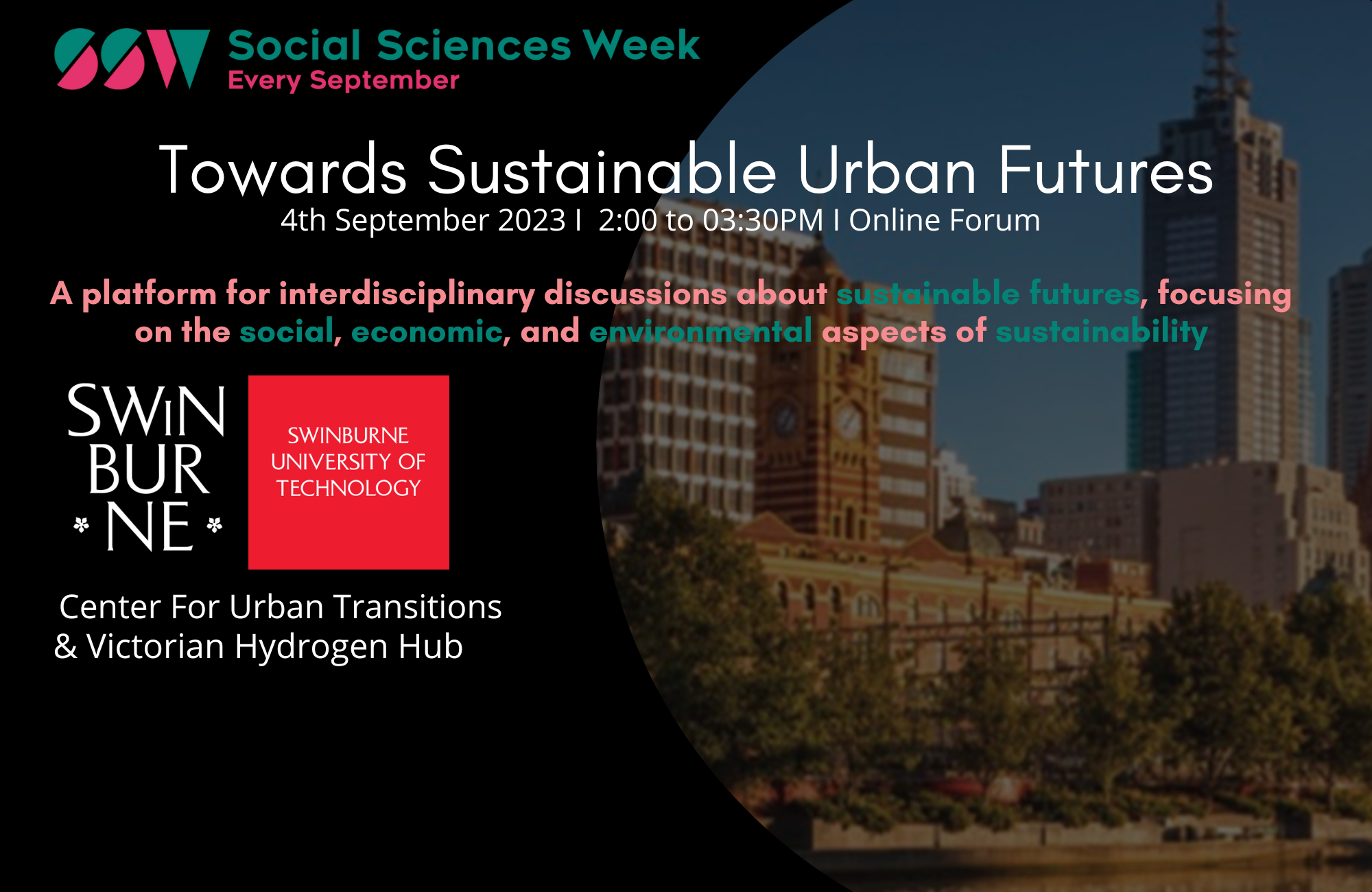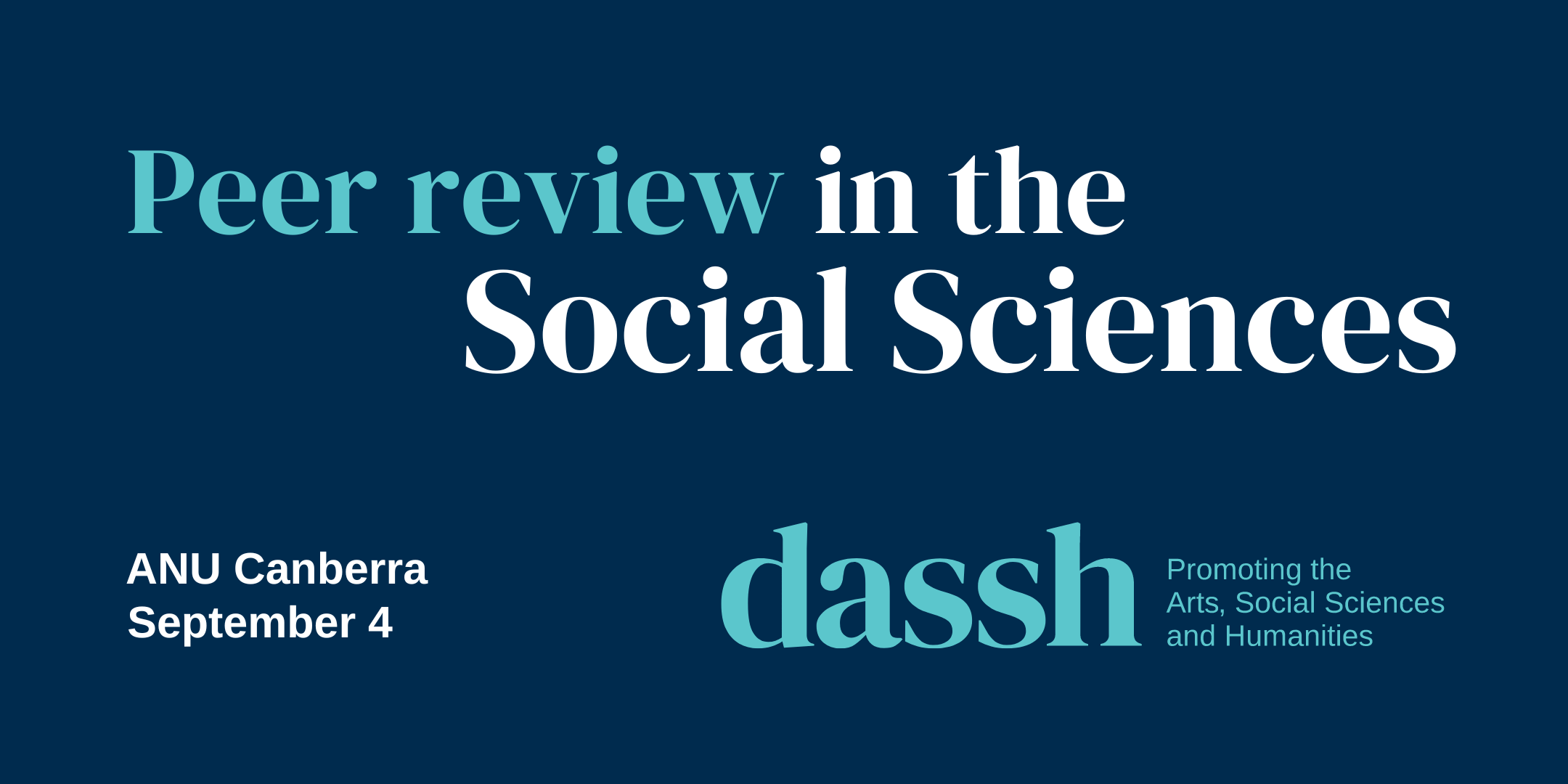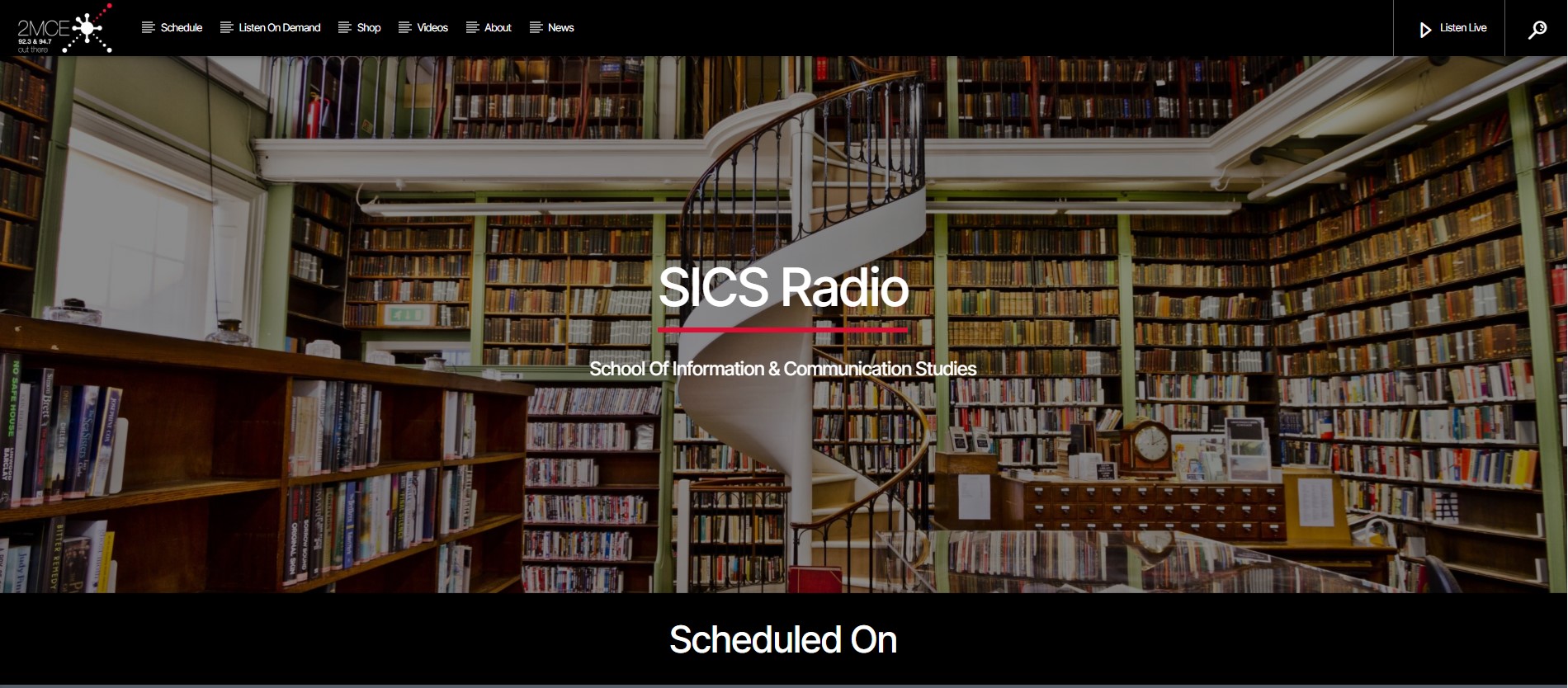Are you ready to tell the world about an important social issue and showcase your creativity? Swinburne’s high school student TikTok challenge aims to showcase the social issues that are important to young people and highlight the role that technology plays in our everyday lives. Whether you're interested in sociology, history, Indigenous studies, political science, media studies, or any other social science discipline, this challenge is for you! The competition is open to all current Victorian high school students. The most engaging video will win $300, with $100 prizes for the most creative, and Swinburne student choice awards. Step 1: Create an engaging and informative TikTok video that explains a social issue that is important to you, and how it is impacted by technology. Make sure your video is captivating, concise, and visually appealing. You can use creative animations, text overlays, or any other TikTok features to enhance your content. Your video should aim to educate and entertain viewers, providing them with valuable insights and fostering curiosity about our technologically embedded social world. Step 2: Include the hashtags #SSW2023 & #SwinSocialSciences in the caption of your TikTok video. Step 3: Follow and tag @SSW2023 and @SwinHASS in your video to ensure your entry is […]

